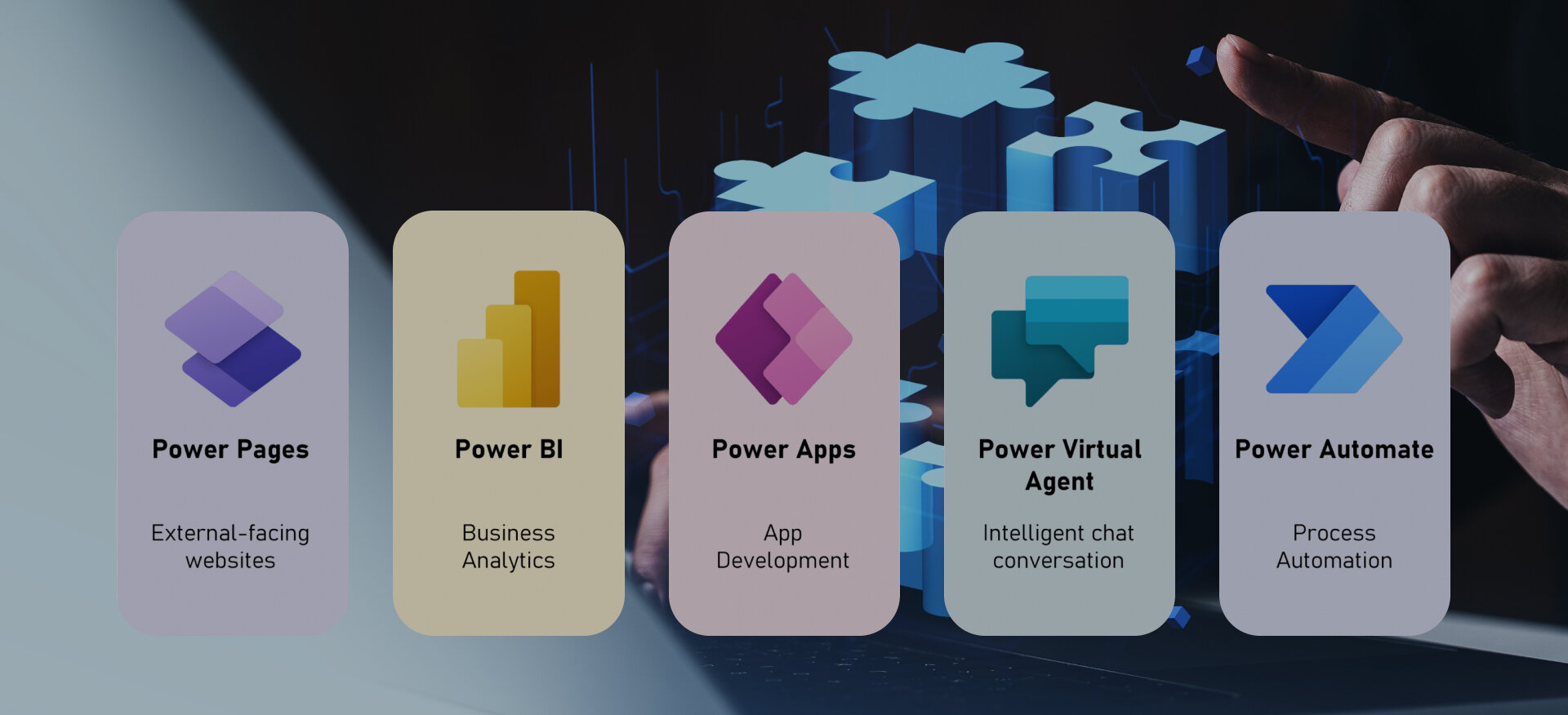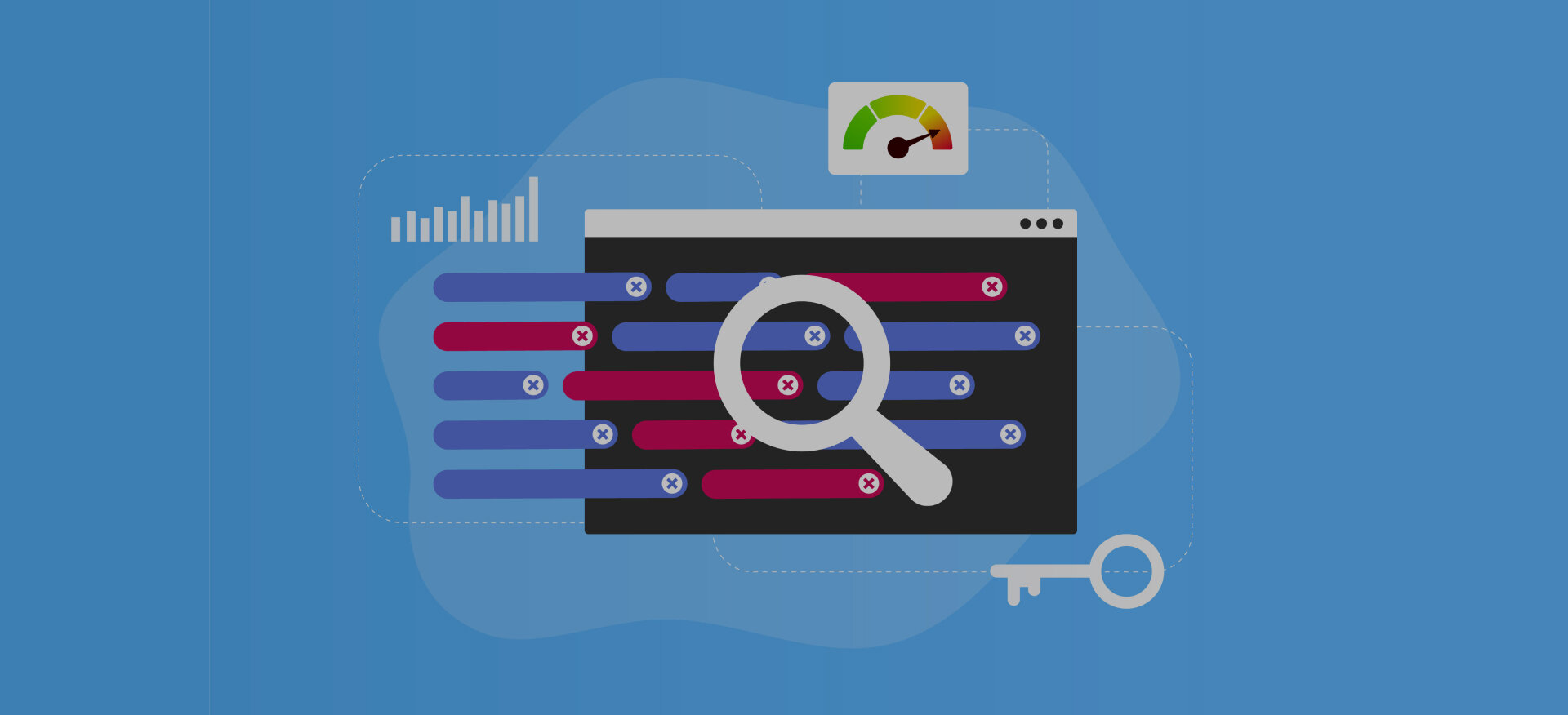If you have a business, website, or blog, knowing your visitors is very important. Imagine you have an online clothing store based in the US. Wouldn’t it help to know how many people visited your site today, how they found you, or what they did once they arrived? This information helps your business grow and make more sales.
Google provides two free tools that help you do exactly this. These tools are Google Search Console and Google Analytics. Many people confuse these two because they seem similar. But each one does a different job, and knowing the difference helps you use them effectively.
This article will explain simply and clearly the differences between Google Search Console vs Google Analytics. After reading, you’ll know exactly what each tool does, how it can help you, and whether you should use one or both.
What is Google Search Console?
Google Search Console is a free tool provided by Google to help you see how your website appears in search results. In simple words, it shows how your website is doing in Google searches. It helps you understand your website’s SEO performance. SEO from search optimization services, makes your website easier to find on Google. just like a digital marketing strategy for financial services helps businesses target their specific audience by optimizing their digital presence.
![]()
What Does Google Search Console Show?
Google Search Console helps answer simple but important questions clearly, like:
- Keywords: What words or phrases are people typing in Google to find your website?
- Clicks and Impressions: How many people clicked your site, and how many saw it in their search results but didn’t click?
- Website Issues: Are there any problems with your website stopping Google from showing it to people?
For example, if you run an LA bakery and notice fewer customers coming from Google searches, Google Search Console shows you why. Maybe Google has trouble seeing your new pages, or your website loads slowly on mobile devices. Google Search Console shows you these problems clearly and helps you quickly fix them.
How Does Google Search Console Help Businesses?
Here’s a simple example:
Suppose you own a toy shop online. Google Search Console tells you that many people are searching for "best toy store in NYC," but your site doesn't appear on the first page of Google results. With this information, you can add these exact keywords to your website pages to rank higher.
What is Google Analytics?
Google Analytics is another free tool from Google, but it does a different job than Search Console. It helps with your website traffic analysis and user behavior tracking, meaning it shows exactly how visitors behave once they reach your website.
![]()
What Does Google Analytics Show?
Google Analytics gives clear answers to these questions:
- How many visitors visited your website today or this month?
- How long did visitors stay on your site?
- Which pages on your website did visitors visit the most?
- How did visitors find your website? (Google search, social media, online ads?)
For instance, if you’re in the Web Design & Development Services business, Google Analytics may reveal that many visitors come from Facebook ads and engage with your blog posts. This could indicate that your Facebook marketing efforts are yielding positive results.
How Google Analytics Helps Your Business?
Let's say you notice visitors coming to your online clothing store in LA, but many leave quickly without buying anything. Google Analytics shows clearly which pages visitors leave quickly. It might show that your checkout page loads slowly or is confusing. Knowing this, you can quickly fix these problems, so visitors stay longer and buy more.
This is exactly why Google Analytics is helpful - it clearly shows what's working and what's not, allowing you to improve your website easily.
Key Differences: Google Search Console vs Google Analytics
Let’s say you notice that customers are visiting your Corporate Websites development site but are leaving without completing a purchase. Google Analytics helps identify the pages where visitors drop off. For example, it may show that the product pages are well-visited, but the checkout page is where visitors exit. With this data, you can improve your checkout process to encourage more conversions.
But many people mix these two tools up or don't understand exactly how they differ. Below, we'll clearly explain the differences between Google Analytics vs Google Search Console. You’ll see their main purposes, the data they provide, and who uses each tool.
Purpose: Google Search Console vs Google Analytics
First, let’s clearly explain the different purposes of each tool.
Google Search Console
Google Search Console helps you improve your website’s SEO performance, but is Google Search Console the same as Google Analytics? SEO (Search Engine Optimization) means making your website easy for Google to find and show to people searching online. In simple terms, Google Search Console shows exactly how your website appears on Google searches. For example, a professional seo firm might use this tool to track keywords and refine SEO strategies to boost rankings.
It helps you answer questions like:
- Is my website appearing on Google when people search for my products or services?
- How can I improve my website to appear higher in search results?
For example, if you own a cake shop in Houston, Google Search Console clearly shows if people see your website when searching for “best cakes in Houston.” If your website is not showing up well, the tool helps you know exactly why, so you can fix it quickly and attract more visitors. However, it’s also worth considering how your website performs across different search engines, like DuckDuckGo vs Google, especially if you are looking to expand your reach beyond Google’s search results.
Google Analytics
Google Analytics has a different purpose: It helps you understand exactly how visitors behave once they arrive on your website, highlighting the key difference between Google Search Console and Analytics. This is known as user behavior tracking and website traffic analysis.
Google Analytics clearly answers important questions, such as the difference between Google Search Console and Google Analytics:
- How many visitors visited my website this week?
- Where did visitors come from? (Did they find me on Google, social media, or from an ad?)
- What did visitors do on my website? Did they stay or quickly leave? SEO audit services can help identify key metrics related to user behavior, providing insights into how visitors interact with your site. An SEO marketing agency may rely on this data to refine digital marketing strategies and improve user engagement.
For example, if you own a Mobile Applications development company, Google Analytics will show how many visitors checked out your app details, how long they stayed on each page, and how many signed up or downloaded the app. This valuable insight helps you better understand what users like and where improvements can be made to boost conversions.
Both tools work together to give you a complete picture of your website’s performance, helping you optimize for better visibility and user engagement.
| Feature | Google Search Console | Google Analytics |
|---|---|---|
| Main Purpose | Monitor SEO performance and search visibility. | Track user behavior and website traffic. |
| Data Focus | Search rankings, keyword performance, impressions. | User activity on the website, traffic sources, sessions. |
| Type of Data Provided | Keywords, clicks, impressions, ranking positions, technical issues. | Visitor numbers, bounce rates, session duration, page views. |
| Who Should Use It? | SEO professionals, webmasters, website owners. | Business owners, marketers, content creators. |
| Best for | Tracking site performance in search engines like Google. | Analyzing visitor interactions, sources of traffic, conversions. |
| Key Insights | Keyword data, click-through rates, indexing issues, site health. | Traffic sources, user engagement, bounce rates, demographic details. |
| Impact on SEO | Directly helps improve search engine rankings. | Indirect impact; helps improve user engagement and UX. |
| Real-Time Data | Provides real-time data on website health and indexing. | Real-time data on active sessions, visitor locations, etc. |
| Customization Options | Limited customization, focused on search performance. | Highly customizable reports and audience segmentation. |
| Integration with Other Tools | Integrates with Google Analytics, Google Ads, and other Google services. | Integrates with Google Search Console, Google Ads, and other marketing tools. |
| Data Reporting Style | Basic, direct reporting on search visibility and issues. | Detailed reports on user behavior, demographics, and marketing campaigns. |
Data Provided: Google Analytics vs Search Console
Next, let's clearly break down the exact data each tool provides:
Google Search Console Data
Google Search Console provides data directly related to how your website performs in Google searches, such as:
- Keywords: Shows what exact words visitors type into Google to find your website.
- Clicks: Tells you how many times visitors click your website when they see it on Google.
- Impressions: Shows how many people see your website’s link on Google searches, even if they don't click it.
- Ranking Positions: Clearly shows where your website ranks in search results (like number 1, number 5, or lower).
- Website Issues: Clearly identifies if your website has problems that stop Google from finding or showing it, like broken links or slow-loading pages.
For example, if you run a Brand Websites development business and your site ranks 10th for the keyword “best brand websites,” Google Search Console clearly shows this, , and you might also explore alternatives like DuckDuckGo Search Console free for insights across other search engines. It will also provide insights to help you improve and rank higher.
Google Analytics Data
Google Analytics provides data about visitor behavior on your site, including:
- Visitor Numbers: Exactly how many visitors come to your website each day or week.
- Traffic Sources: Clearly shows if visitors found your website through Google searches, social media, or paid ads.
- Time on Website: How long visitors stay on your website and which pages they stay longest on.
- Bounce Rate: Clearly tells you how many visitors quickly leave without clicking anything else on your site.
- Visitor Details: Data on visitors’ location, age, devices (mobile or desktop), and interests.
For example, if you own a Tech marketing agency and see that your website gets lots of traffic from LinkedIn, Google Analytics will show you this data clearly. You can then focus your marketing budget on LinkedIn ads to maximize the platform’s effectiveness.
Audience: Who Uses Google Search Console vs Google Analytics?
Understanding who typically uses each tool helps you know exactly which one fits your needs best:
Who Uses Google Search Console?
Google Search Console is mostly used by people focused on improving their website’s visibility on Google searches. These users typically include:
- Website owners who want their site to rank higher on Google.
- SEO experts who want clear information on keyword performance.
- Small business owners who want their local business to be found easily on Google (e.g., restaurants, clothing stores, service providers).
For instance, if you run a San Francisco restaurant, Google Search Console helps you clearly see why your website isn't showing up when people search for restaurants near them. Fixing these issues helps you attract more customers, just like how best ecommerce seo company can help optimize your website for better visibility in search engines.
Who Uses Google Analytics?
Google Analytics is popular among people who want clear insights about their visitors, including:
- Business owners who sell products or services online.
- Digital marketers who want detailed visitor data to improve marketing strategies.
- Bloggers or content creators who want to understand which articles or pages visitors like most.
If you own an online jewelry shop, Google Analytics clearly shows you exactly which jewelry pieces visitors like best. This helps you promote these items more to increase sales.
When Should You Use Google Search Console?
You should use Google Search Console clearly if your main goal is to get more visitors through better SEO. It’s perfect for improving your website’s ranking on Google, fixing problems quickly, and bringing more visitors to your site.
Example: LA Restaurant
Imagine you have an LA restaurant and notice fewer visitors from Google. Google Search Console quickly shows you that your website isn't ranking well for "best LA restaurants." You fix this issue and soon, more customers will find you on Google.
To get started improving your SEO performance today, explore how the difference between SEO and Google Analytics can help.
When Should You Use Google Analytics?
Use Google Analytics when you want clear details about what visitors do on your website. It helps you clearly understand what visitors like, where they come from, and how to keep them on your website longer, especially when paired with ecommerce SEO marketing services that drive targeted traffic and improve conversions.
Example: Online Jewelry Store
Suppose you sell jewelry online. Google Analytics clearly shows you many visitors leave quickly on your checkout page. You discover it’s because the checkout process is confusing. After you fix this, your sales increase because visitors easily complete their purchases.
For help understanding your website visitors better, explore Centric for digital marketing solutions.
Combining Google Search Console and Google Analytics
To get the best results, use Google Search Console and Google Analytics together. This combination helps you:
- Understand how users find you (SEO performance).
- See what users do once they visit (user behavior tracking).
Connecting both tools is easy:
- Log in to Google Analytics.
- Go to "Admin," select your property.
- Click "Search Console Linking."
- Choose your website and confirm.
When linked, both tools provide complete information, making it easier to improve your website performance. For businesses offering Ecommerce Website Services, using both tools together can help you better understand user behavior and optimize your online store's performance.
4 Common Mistakes to Avoid
Many website owners make simple mistakes. Avoid these common ones to succeed:
- Ignoring website errors: Always check Google Search Console and fix issues quickly.
- Not reviewing regularly: Checking these tools once isn't enough. Check weekly to spot new trends or problems.
- Not integrating both tools: Always integrate both tools to get better insights.
- Misreading data: Be careful and take your time when reviewing data. Misunderstanding data can hurt your website’s growth.
Impact of These Tools on SEO
Using Google Search Console and Google Analytics positively impacts your SEO performance. Here’s how:
- Google Search Console directly improves your rankings. It shows keywords your website is ranking for and helps you optimize your content to rank higher.
- Google Analytics improves your website quality. It clearly shows you which pages visitors love and which pages they quickly leave. You can easily adjust your content to keep visitors interested longer.
Improved SEO performance leads to more visitors, higher sales, and business growth.
How to Get Started with These Tools?
Setting up these tools is easy:
- Google Search Console: Visit the official site, log in with your Google account, and follow simple instructions to add your website.
- Google Analytics: Create a free account, add the code to your website, and start tracking your visitors immediately.
FAQs: Google Search Console vs Google Analytics
What’s the difference between Google Search Console and Google Analytics?
Google Search Console tracks your website’s performance in Google search, including keyword rankings and impressions. Google Analytics, on the other hand, focuses on user behavior, such as traffic sources and page views. Both tools provide valuable insights for optimizing your website.
Is Google Search Console the same as Google Analytics?
No, they are different. Google Search Console provides data on search engine performance, while Google Analytics tracks user interactions and behavior on your site. Both tools are important for a comprehensive website analysis.
How does Google Search Console help with SEO?
Google Search Console helps improve SEO by showing keyword rankings, click-through rates, and technical issues like crawl errors. It allows you to optimize your content and address problems that impact your search rankings.
Can Google Analytics track search rankings like Google Search Console?
No, Google Analytics doesn’t track search rankings. It focuses on user behavior. For keyword performance and indexing data, Google Search Console is needed.
Which tool should I use, Google Search Console or Google Analytics?
Both are essential but serve different purposes. Google Search Console is for SEO and search engine performance, while Google Analytics helps you understand user behavior. Using both gives a complete view of your website’s performance.
Conclusion
Understanding the differences between Google Search Console vs Google Analytics is crucial for maximizing your website’s performance. While Google Search Console provides valuable data on search rankings, indexing, and site health, Google Analytics gives you detailed insights into user behavior and traffic patterns. By using both tools together, you can effectively monitor, analyze, and improve your site’s SEO and user experience, ensuring a more comprehensive approach to digital success.








